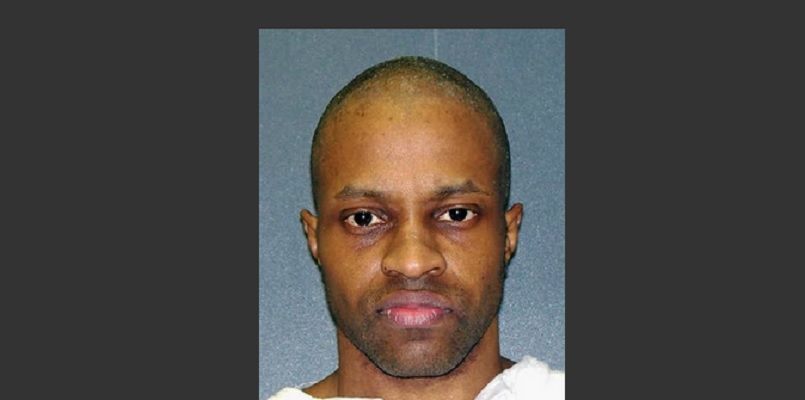
When firefighters responded to a call about smoke coming from a home in East Texas, they found the burned body of a 93-year-old woman who lived there alone.
Investigators later determined that Cecelia Schneider was beaten and stabbed before her body, and the bed where she was found, was set on fire at her home in Tyler. Her missing car was found later that day, wrecked and abandoned.
Clifton Lamar Williams, a 21-year-old former fast food restaurant worker and cocaine user, was arrested about a week later after investigators found his fingerprint and blood inside the car. He had been dating a woman who lived a few doors away from Schneider's home.
Williams was later convicted of capital murder — and his death sentence is scheduled to be carried out Thursday in Huntsville.
The U.S. Supreme Court refused to review his case in April, and no other court appeals are pending.
"There is nothing else that can be filed," Williams' appeals lawyer, James Volberding, said Tuesday.
If the sentence is carried out, Williams, 31, will be the 10th inmate to receive lethal injection this year in Texas, equaling the number of prisoners put to death all of last year in the nation's most active capital punishment state.
Volberding unsuccessfully argued in appeals that Williams' legal help at his 2006 trial in Tyler was deficient. He also said Williams, who dropped out of school in the 12th grade, was mentally impaired and therefore ineligible for the death penalty.
At Williams' trial, defense attorneys told Smith County jurors that Williams became known on the streets as "Crazy C" after a stint in a mental health rehabilitation center.
Prosecutors said Williams broke into Schneider's home to get money to buy cocaine. According to trial testimony, Williams told a psychiatrist he began smoking marijuana at age 15, started lacing it with embalming fluid, then moved on to cocaine by the time he was 17.
Investigators said Williams led police to a pond where Schneider's purse that had contained about $40 was found, along with a knife from her kitchen that investigators believe was used to stab her.
During trial, a pathologist testified that Schneider was stabbed four times on July 9, 2005, including in her heart and lungs, and was beaten and may have been strangled.
Williams told police another man was responsible for the slaying and forced him to drive Schneider's car. His attorneys said the man, who denied any involvement in the slaying, wore gloves and therefore didn't leave fingerprints. Williams told a relative he cut his hand in a fight.
After Williams was convicted, defense lawyers said during the trial's punishment phase that Williams had been raised by a mentally disturbed mother who died when he was about 12. Court documents showed she was not abusive and practiced voodoo.
Williams is among at least eight Texas prisoners with execution dates in the coming months.
Some death penalty states have had difficulties obtaining drugs for lethal injections, but Texas Department of Criminal Justice officials say they have enough pentobarbital, a powerful sedative, to accommodate all scheduled punishments. They have refused to identify the drug provider.
